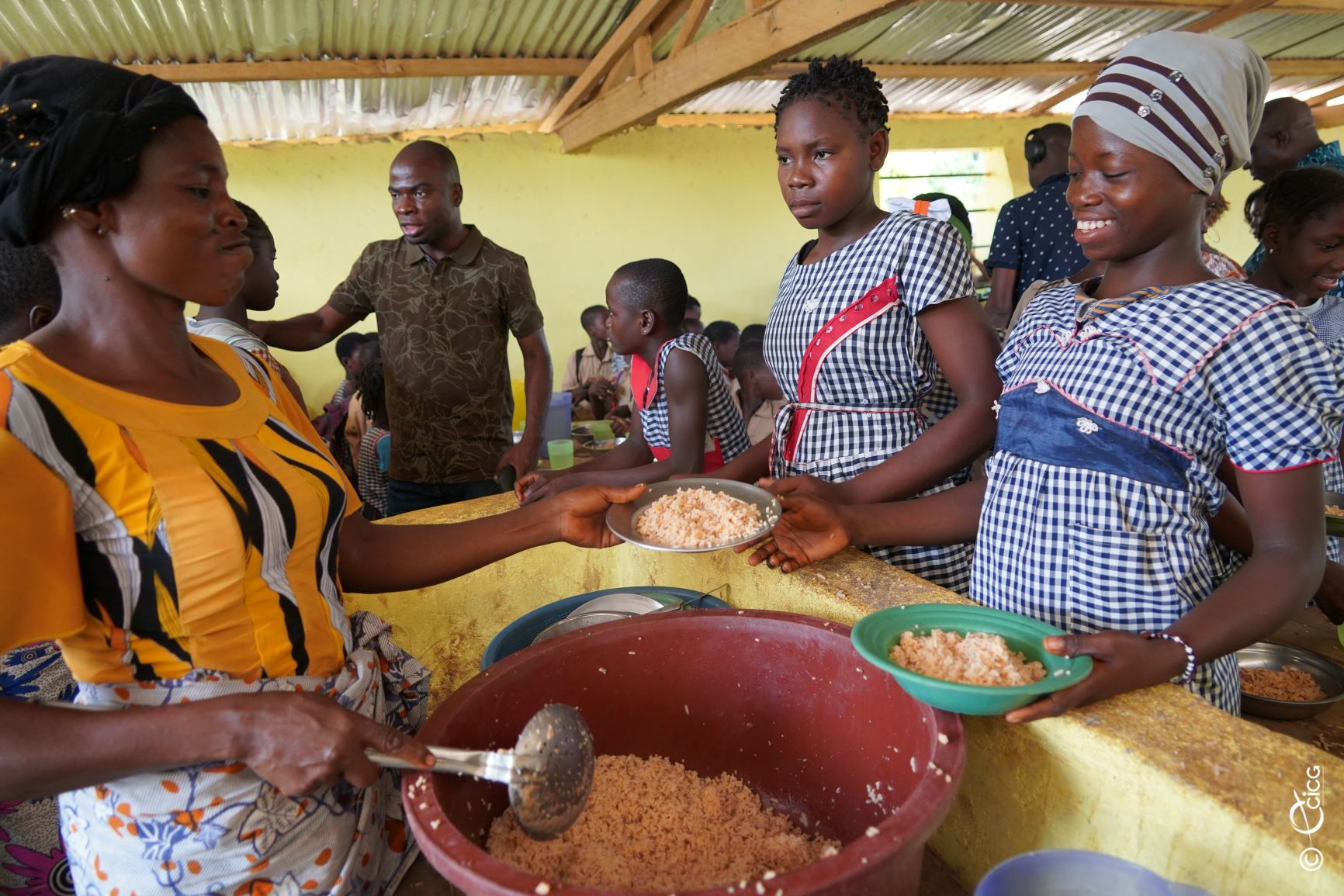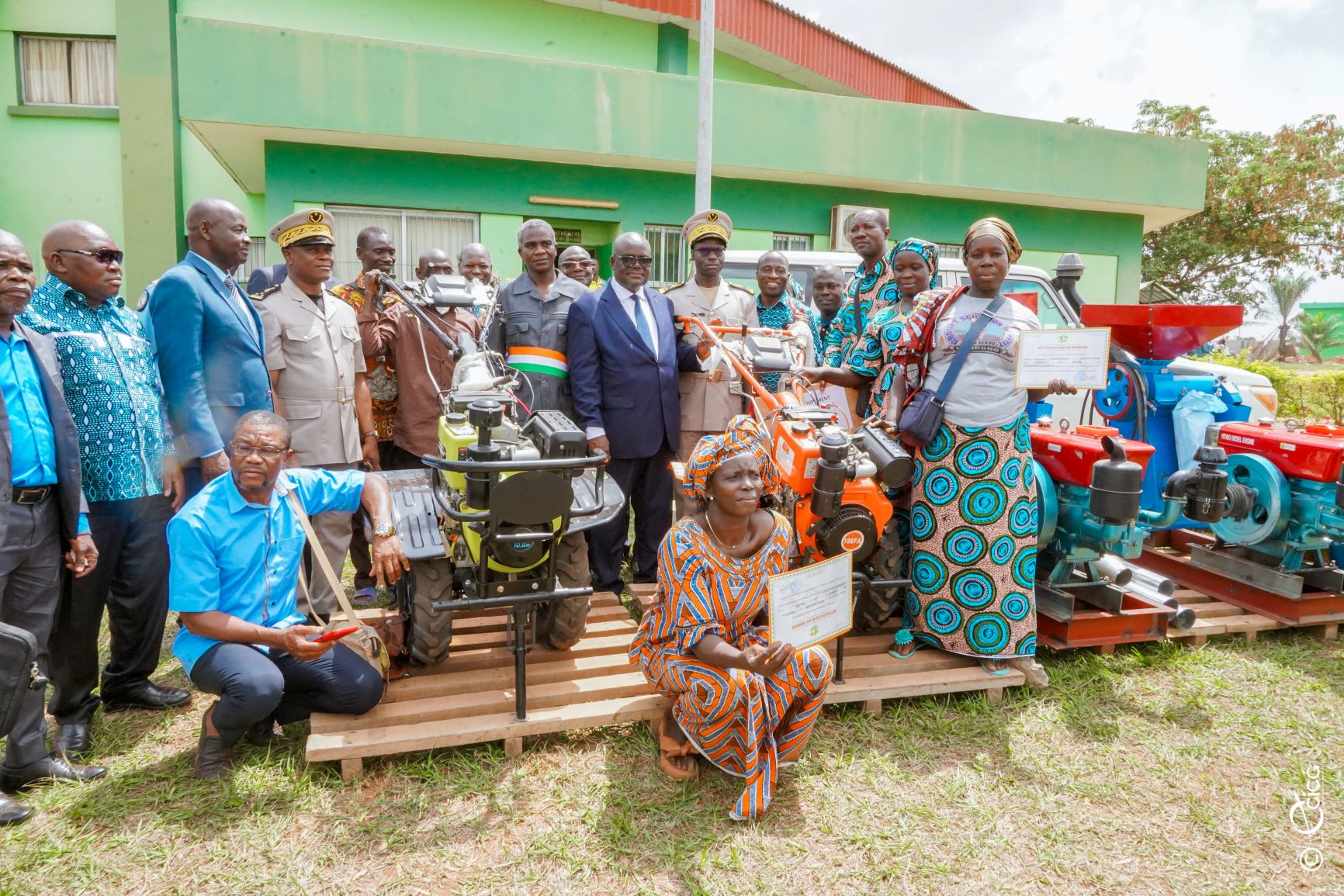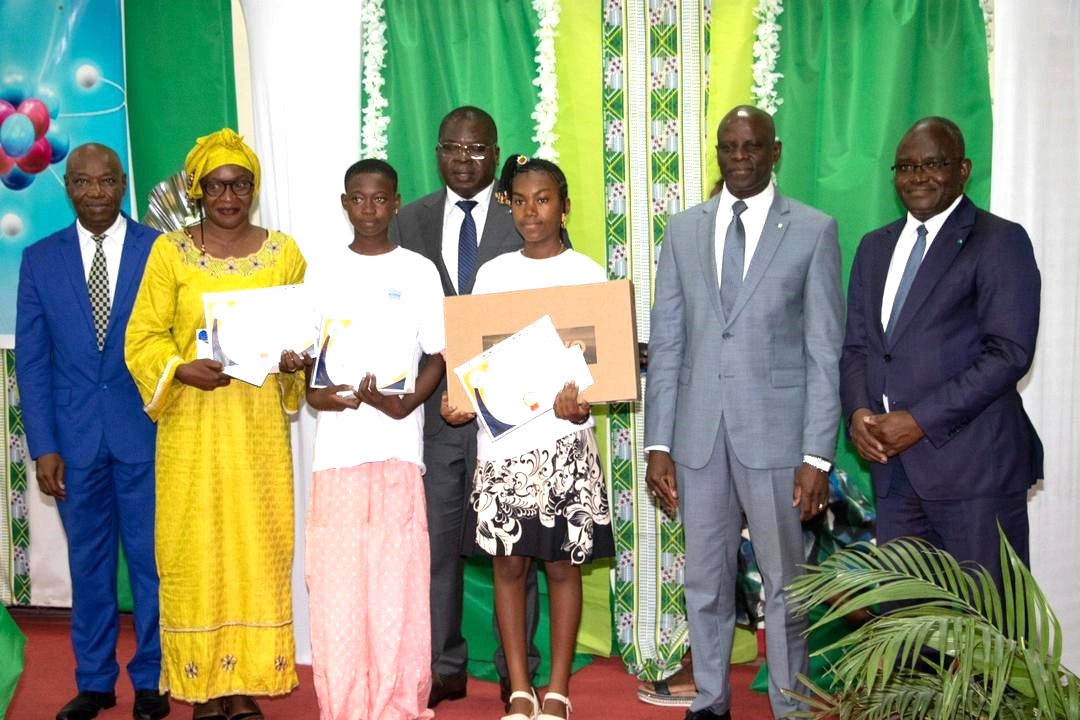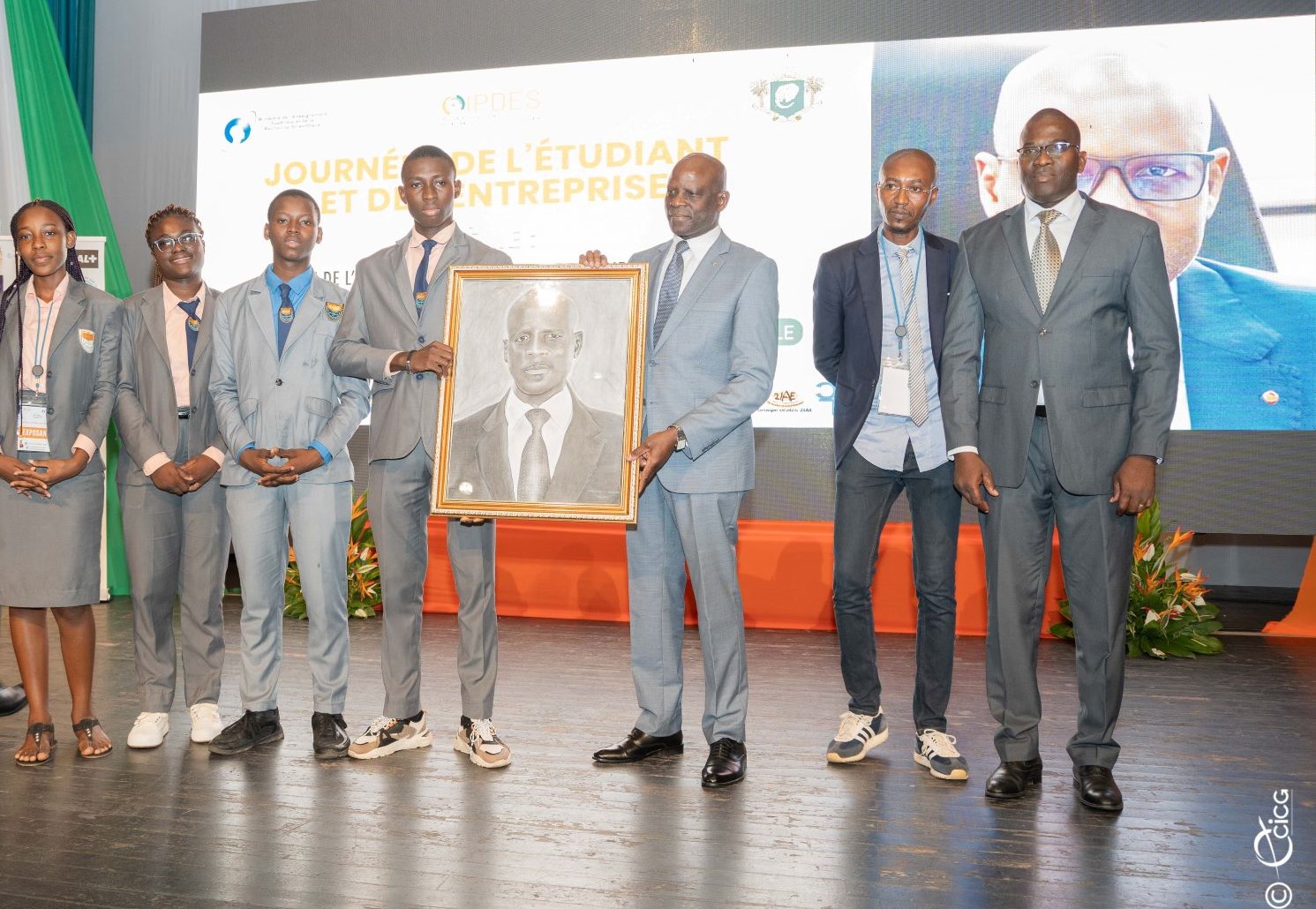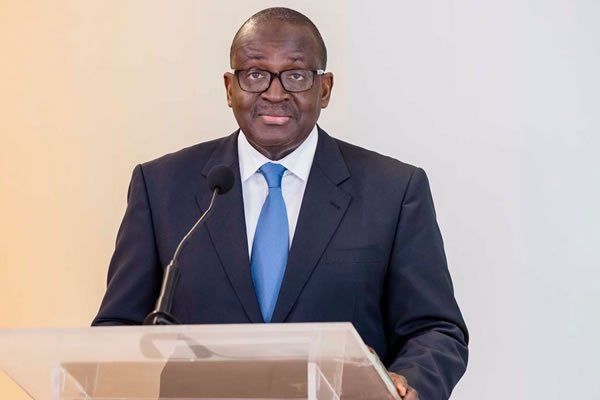In a significant move aimed at fostering national cohesion, Côte d'Ivoire's President Alassane Ouattara granted presidential pardons to 51 individuals on February 22nd, 2024. This decision, announced by the Executive Secretary of the National Security Council, Fidèle Sarassoro, marks a crucial step towards reconciliation after years of political and social unrest in the country.
The presidential pardon list includes prominent figures like Dogbo Blé Brunot and Gnatoa Katet Paulin, both senior military officers under former President Laurent Gbagbo's regime, as well as Kassé Kouamé Jean Baptiste and Koné Kamaraté Souleymane, known as "Soul to Soul," who were close associates of former National Assembly President Soro Guillaume.
While granting the presidential pardons, President Ouattara also expressed his sympathy and support for the victims and their families impacted by the events leading to these convictions. He further instructed the Prime Minister to meet with victims' associations to reiterate the state's compassion and urge them towards forgiveness.
National Cohesion: A Focus on the Future
President Ouattara's decision to grant presidential pardons extends beyond individual cases. It signifies a broader commitment to national cohesion. This is further emphasized by the President's directive to build a memorial honoring the victims of past crises. This monument will serve not only as a place of remembrance but also as a symbol of unity and a constant reminder for Ivorians to work collectively towards lasting peace and prevent similar tragedies from occurring in the future.
The presidential pardon decision has been met with widespread positive reactions, with the National Security Council unanimously endorsing it. This move is viewed as a crucial step towards fostering dialogue, reconciliation, and ultimately, a more cohesive Ivorian society.
Looking Ahead: Challenges and Opportunities
While the presidential pardons mark a significant step forward, the path towards **national cohesion** in Côte d'Ivoire remains complex. Addressing past grievances, promoting social justice, and ensuring inclusive economic development are essential factors in achieving long-term reconciliation.
President Ouattara's initiative, coupled with continued efforts from all stakeholders, offers a promising opportunity for Côte d'Ivoire to move forward and build a more cohesive and peaceful nation. The success of this endeavor will depend on the collective commitment of the government, civil society, and the Ivorian people as a whole.






